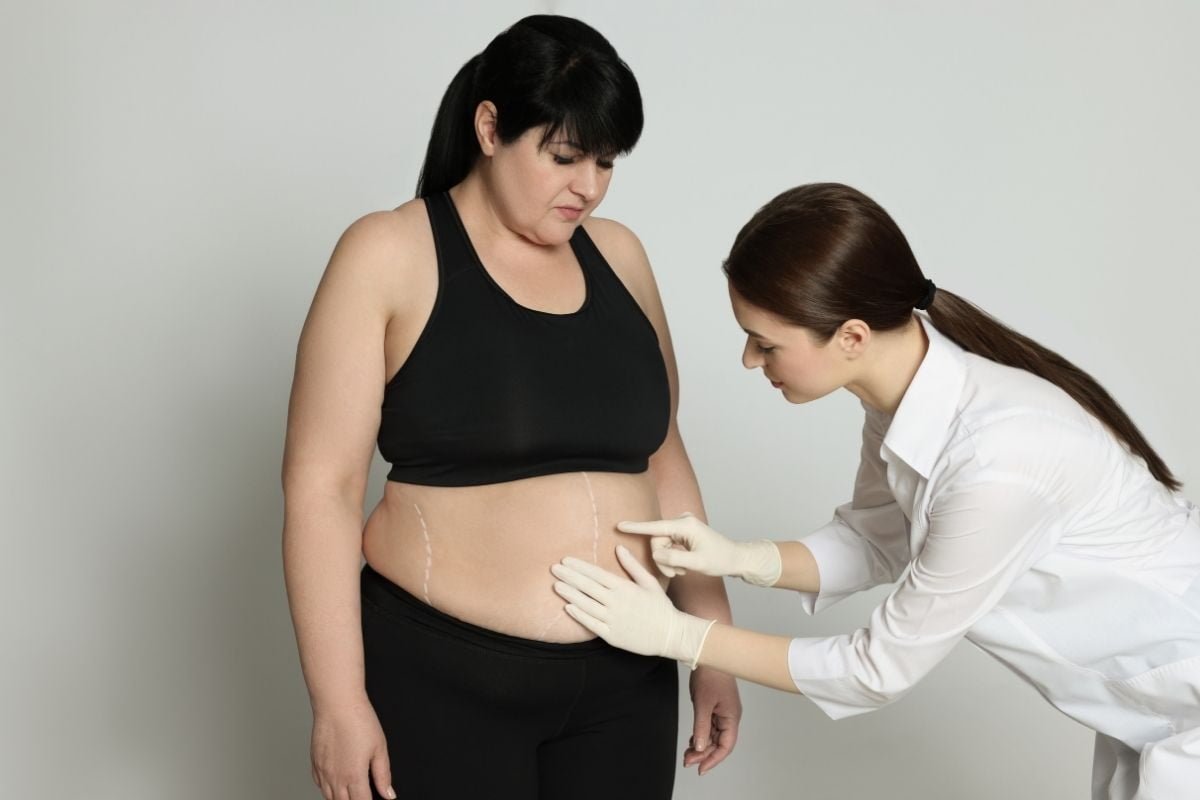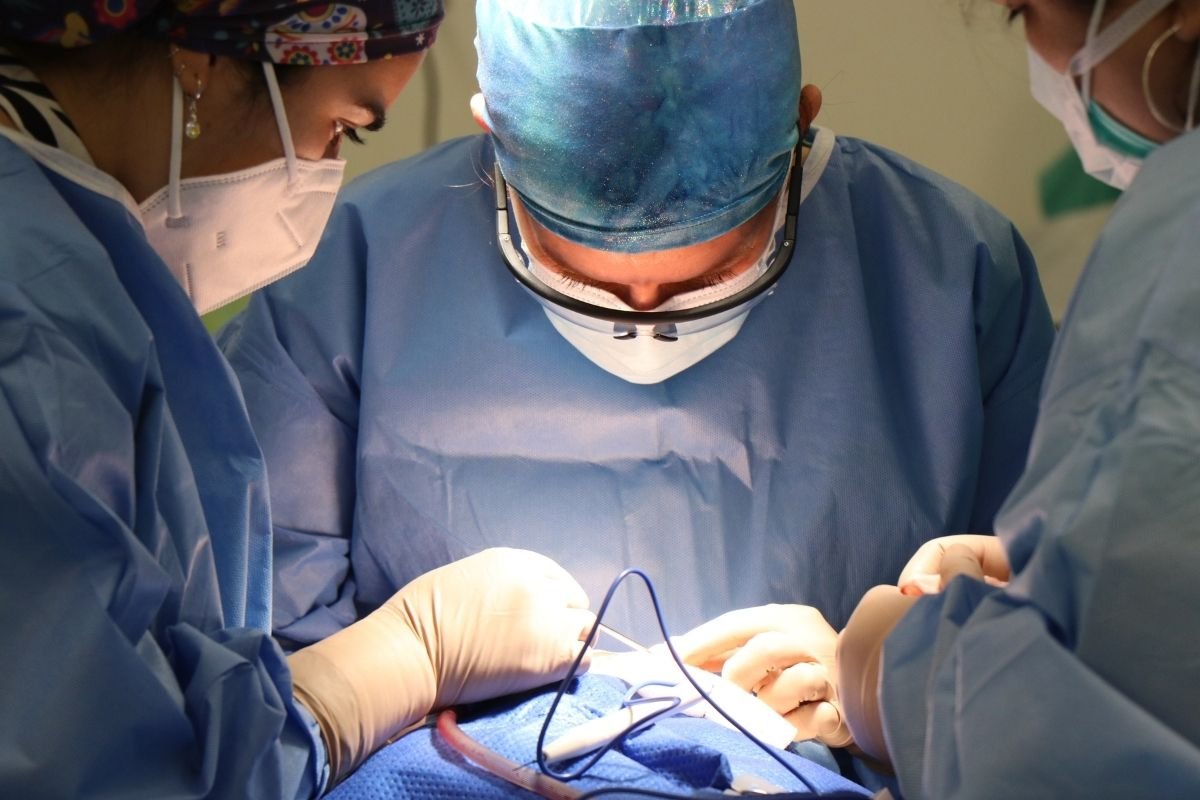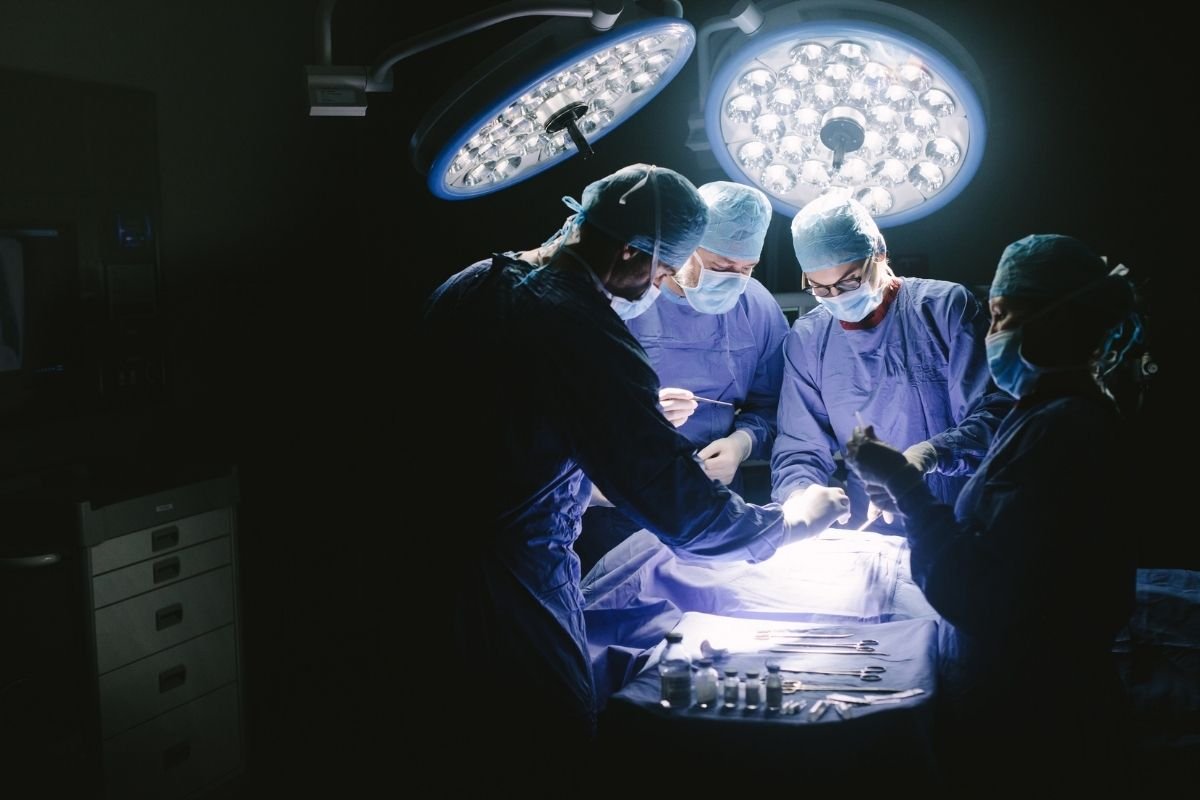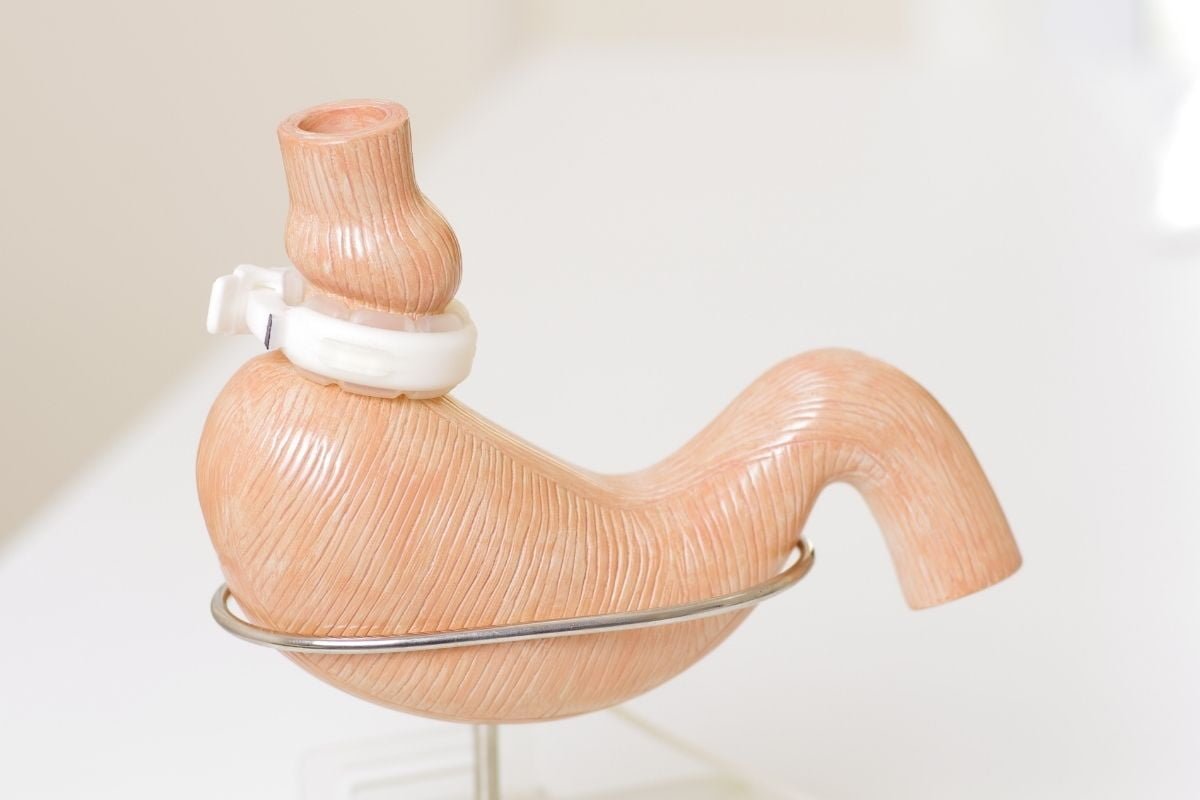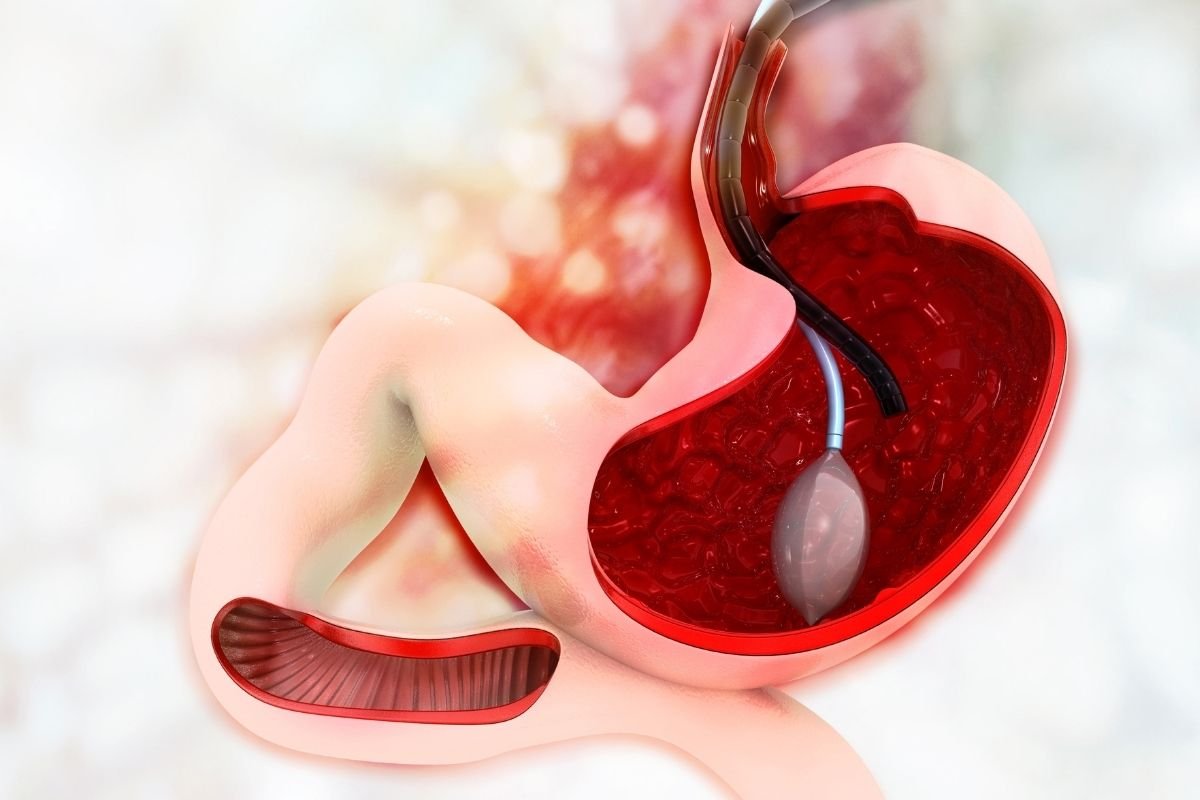When it comes to gastrointestinal health, certain conditions may necessitate surgical intervention. One such condition is duodenal issues, where surgery can become an essential treatment option. In this article, we will delve into the world of duodenal surgery, exploring its purpose, procedure, and recovery. So, if you’re curious about this topic, keep reading to learn more!
What is Duodenal Surgery?
Understanding the Duodenum
The duodenum is the first part of the small intestine and plays a crucial role in the digestion process. It receives partially digested food from the stomach and mixes it with bile and pancreatic enzymes to facilitate further digestion. Any disruption in the normal functioning of the duodenum can lead to digestive issues and discomfort.
When is Duodenal Surgery Required?
Duodenal surgery becomes necessary when conservative treatments fail to resolve issues with the duodenum. Some common conditions that may require surgical intervention include severe duodenal ulcers, tumors, duodenal diverticulum, or structural abnormalities.
Types of Duodenal Surgery
Endoscopic Procedures
In less severe cases, endoscopic techniques may be employed to treat duodenal problems. Endoscopy involves using a flexible tube with a light and camera to visualize and treat issues in the duodenum.
Duodenotomy
Duodenotomy is a surgical procedure involving an incision made in the duodenal wall to access and treat internal problems like ulcers or tumors.
Duodenal Resection
Duodenal resection is the partial or complete removal of a portion of the duodenum. It is typically performed to treat severe cases of duodenal ulcers or tumors.
Duodenal Diverticulum Excision
A duodenal diverticulum, an outpouching of the duodenal wall, can lead to complications. In such cases, surgical excision of the diverticulum may be necessary.
Preparing for Duodenal Surgery
Before undergoing duodenal surgery, patients must undergo a thorough medical evaluation. The surgeon will assess the patient’s overall health, medical history, and any potential risk factors.
Pre-operative Instructions
Patients will receive specific instructions from their healthcare providers regarding fasting, medication management, and other preparations before the surgery.
The Duodenal Surgery Procedure
Anesthesia Administration
Duodenal surgery is typically performed under general anesthesia to ensure the patient remains unconscious and pain-free throughout the procedure.
Incision and Access
The surgeon will make a precise incision to access the duodenum, either through traditional open surgery or minimally invasive laparoscopic techniques.
Repair or Removal
Once access is gained, the surgeon will repair or remove the affected area of the duodenum, depending on the nature of the issue.
Closure
After completing the necessary repairs, the surgeon will close the incision using sutures or surgical staples.
Recovery After Duodenal Surgery
Hospital Stay
Following the surgery, patients will be monitored in the hospital for a specific period to ensure proper healing and manage any post-operative complications.
Post-operative Care
Patients will receive detailed post-operative care instructions, which may include wound care, pain management, and medication management.
Dietary Recommendations
In the initial stages of recovery, a specific diet may be advised to facilitate healing and avoid stress on the gastrointestinal system.
Resuming Regular Activities
Gradually, patients will be able to resume their regular activities based on their surgeon’s recommendations and the rate of their recovery.
Potential Complications
As with any surgery, there are potential risks associated with duodenal surgery.
Infection
Surgical wounds may become infected, leading to complications that need to be promptly addressed with antibiotics.
Bleeding
Surgical procedures can cause bleeding, which may require additional intervention to control.
Adverse Reactions to Anesthesia
In some cases, individuals may experience adverse reactions to the anesthesia used during surgery.
Benefits and Risks
Improved Quality of Life
For individuals suffering from chronic duodenal issues, surgery can significantly improve their quality of life and alleviate discomfort.
Surgical Risks and Mitigation
Although duodenal surgery offers significant benefits, patients and surgeons must be aware of potential risks and take necessary precautions to minimize them.
Duodenal surgery is a valuable treatment option for individuals with severe duodenal issues that cannot be resolved through other means. It provides hope for a better quality of life by addressing various duodenal conditions and ensuring improved digestive health.
In conclusion, duodenal surgery is a viable option for individuals facing significant duodenal issues that cannot be resolved through other means. By understanding the role of the duodenum and the types of surgical procedures available, patients can make informed decisions about their treatment. It’s essential to have thorough discussions with medical professionals, ask questions, and fully comprehend the potential benefits and risks of the surgery. If you or a loved one are considering duodenal surgery, consult with your healthcare provider to explore all available options and determine the most suitable course of action. With proper medical guidance and a positive outlook, duodenal surgery can lead to improved digestive health and an enhanced quality of life.
For those considering duodenal surgery or seeking expert advice on gastrointestinal health, our clinic, TurkeyObesity, provides comprehensive consultation and treatment options. With a team of highly skilled surgeons and state-of-the-art facilities, we are committed to delivering the highest standards of care. Visit our website at TurkeyObesity to learn more about our services, book a consultation, and take the first step towards improved digestive health and well-being.
FAQs
What is the duodenum’s role in digestion?
The duodenum plays a critical role in digestion by receiving partially digested food from the stomach and mixing it with bile and pancreatic enzymes to aid in further digestion.
Is duodenal surgery the only option for treating duodenal issues?
No, in less severe cases, conservative treatments and endoscopic procedures may effectively resolve duodenal problems.
How long does it take to recover from duodenal surgery?
Recovery time can vary depending on the extent of the surgery and individual healing rates. It may take several weeks to return to normal activities fully.
Can duodenal surgery lead to weight loss?
Duodenal surgery itself is not a weight loss procedure. However, improved digestive health can lead to better nutrient absorption, potentially impacting weight management.
Are there any alternative treatments for duodenal problems?
Yes, depending on the specific issue, there are alternative treatments available for duodenal problems. These can include medications to manage symptoms, dietary changes, and lifestyle adjustments. In less severe cases, endoscopic procedures, such as endoscopic ulcers treatment or balloon dilation, may be considered as alternatives to surgery.
Is duodenal surgery a safe procedure?
Duodenal surgery is generally considered safe when performed by experienced surgeons in appropriate medical facilities. However, like any surgery, it carries some inherent risks, such as infection, bleeding, or adverse reactions to anesthesia. Patients should discuss the potential risks and benefits with their healthcare provider before deciding.
How can I prepare for duodenal surgery mentally and emotionally?
Preparing for any surgery can be a nerve-wracking experience. It’s essential to have open communication with your medical team and ask any questions you may have about the procedure. Understanding the details of the surgery and knowing what to expect during the recovery process can help ease anxiety. Support from friends and family can also be beneficial during this time.
What can I expect during the recovery period?
The recovery period after duodenal surgery varies from person to person, depending on the complexity of the surgery and individual healing rates. During the initial days, patients may experience some discomfort and will need to follow post-operative care instructions diligently. Gradually, as healing progresses, they can resume normal activities under the guidance of their healthcare provider.
Will I need to make any dietary changes after duodenal surgery?
Yes, dietary changes are usually necessary during the recovery period to aid healing and avoid stress on the digestive system. Your healthcare provider will provide specific dietary recommendations based on your condition and the type of surgery performed. Following these guidelines will promote a smoother recovery.



